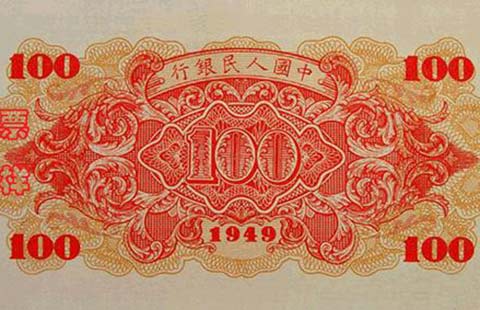Sky's the limit for Beidou's clients
By GAO YUAN (China Daily) Updated: 2015-11-16 07:01"It was the last chance to revive the company and a very risky one," he said.
But his bold move paid off as the Beidou network expanded in the opening eight months of 2010 to include six satellites.
Slowly his business started to take off as there were only a few Chinese chip companies conducting research and development into using the satellite system for commercial use.
Then in 2012, HuaXun rolled out its first integrated chip set to support the Beidou network.
"Orders from across the country started to pile up on my desk," Zhou recalled from his small office in the southern suburbs of Xi'an.
Fast forward three years and business is booming. Customers include logistics firms that need to monitor the locations of their trucks and goods, the police force and research institutes. In the first half of this year, HuaXun sold more than 900,000 chip set units, although the privately owned company has yet to reveal detailed financial figures.
It now employs 100 workers at its factory in Xian after receiving an injection of funding from a subsidiary of State-owned China Aerospace Science and Industry Corp in 2013 without disclosing the details.
As the aerospace and satellite navigation industry continues to expand in China, Zhou is confident demand for the company's chip sets will grow.
"Moving to the Beidou sector changed the destiny of HuaXun," he said. "It turned out to be a very wise decision."
- Cold front to lift smog gradually by midweek
- Attacks in Paris prompt China to boost security
- High-speed train for extremely low temperatures wins approval
- 110 firms face penalties for failing to reduce pollution
- Charity law will encourage donors, experts say
- New town plan advances in Beijing
- 'Solid evidence' will be sent to break US fugitive gridlock
- Survey reveals romantic divide between North and South China
- High-ranking officials under graft probe
- Shanghai deputy mayor probed on suspicion of discipline violation







